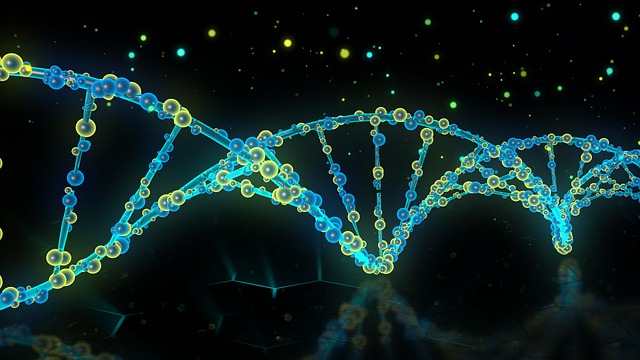Recently, while scrolling through Instagram, I came across a fascinating video of a woman discussing the benefits of DNA testing for personalized wellness in managing psoriasis, PCOD, and even cancer. Her insights piqued my curiosity, prompting me to explore the science behind genetic testing and health. What I found was astonishing—DNA testing isn’t just about ancestry or fun facts; it’s a powerful tool that provides wellness insights from DNA, guiding biohacking with genetic data for personalized nutrition, DNA-based fitness optimization, and disease prevention.
In the age of precision medicine and genetics, DNA testing has emerged as a revolutionary approach to tailoring health strategies based on an individual’s unique genetic blueprint. From genetic markers for wellness to DNA testing for gut health, this method offers profound insights into how our bodies respond to diet, exercise, and lifestyle choices. But is DNA testing truly a game-changer in holistic wellness, or just another trend? Let’s explore the science, benefits, and practical applications of genetic data-driven health strategies for a more personalized well-being.
Understanding DNA Testing and Its Impact on Wellness
DNA, the blueprint of life, carries genetic markers that influence everything from gut health to genetic predisposition to diseases. Through advanced genetic testing, individuals can gain invaluable insights into how their bodies process nutrients, respond to workouts, and even their susceptibility to certain conditions.
DNA testing operates by analyzing specific genetic variations that contribute to wellness outcomes. These variations, known as single nucleotide polymorphisms (SNPs), provide clues about metabolism, food sensitivities, and epigenetics and lifestyle choices—a fascinating field exploring how environmental factors can modify gene expression.
How DNA Testing Enhances Personalized Nutrition
The age-old concept of “one-size-fits-all” diets is slowly fading as personalized nutrition takes center stage. DNA testing helps identify genetic predispositions for metabolism efficiency, food intolerances, and nutrient absorption. For instance:
- People with certain genetic markers may have difficulty metabolizing caffeine or processing lactose.
- Others may require higher doses of vitamin D or Omega-3 fatty acids based on their genetic makeup.
- Certain individuals might thrive on low-carb diets, while others require a balance of macronutrients for optimal energy.
With such information, nutrition plans can be precision medicine-driven, ensuring individuals make dietary choices aligned with their unique physiology. Imagine biohacking your diet—not based on trends but guided by hardwired biological data.
DNA Testing for Fitness Optimization
Beyond nutrition, DNA testing provides insights into DNA-based fitness optimization by revealing how muscles respond to exercise, injury risk factors, and recovery rates. Some people are genetically predisposed to endurance activities, while others excel in strength-based workouts.
For example:
- Certain genetic markers can indicate a higher risk of tendon injuries, guiding individuals toward injury-prevention strategies.
- Some may require longer recovery periods between workouts based on genetic predispositions to muscle fatigue.
- DNA data can influence training intensity, helping athletes enhance performance while minimizing strain.
Whether you’re an elite athlete or someone looking to maximize workout efficiency, DNA testing offers a data-driven approach to physical wellness.
Epigenetics: The Missing Link Between DNA and Lifestyle
A common misconception about DNA testing is that genes dictate everything. In reality, epigenetics plays a significant role in modulating gene expression. Lifestyle factors—including diet, stress management, and environmental exposure—can influence how genes behave over time.
This means that even if you’re genetically predisposed to certain conditions, conscious wellness strategies—such as mindful eating, exercise, and meditation—can counteract negative genetic tendencies. The wellness insights from DNA act as a roadmap, empowering individuals to make proactive choices for long-term health.
Practical Applications and Limitations of Genetic Testing
While DNA testing for personalized wellness offers profound benefits, it’s not without limitations. Genetic data provides valuable guidance, but it should be complemented with lifestyle assessments, expert consultations, and ongoing health monitoring. Additionally, ethical considerations, data security concerns, and the accuracy of interpretations are factors to be mindful of when exploring genetic testing.
Final Thoughts: The Future of DNA-Driven Wellness
The intersection of genetics and wellness is an exciting frontier that continues to evolve. As technology advances, expect even more refined insights into biohacking with genetic data and precision medicine applications. For those committed to optimizing their health, DNA testing provides a powerful tool—not as a definitive roadmap but as a guiding compass toward holistic well-being.
Personalized wellness isn’t just about trends—it’s about discovering what truly works for you. And with genetic insights at your fingertips, you’re empowered to make choices that align with your unique biology.














